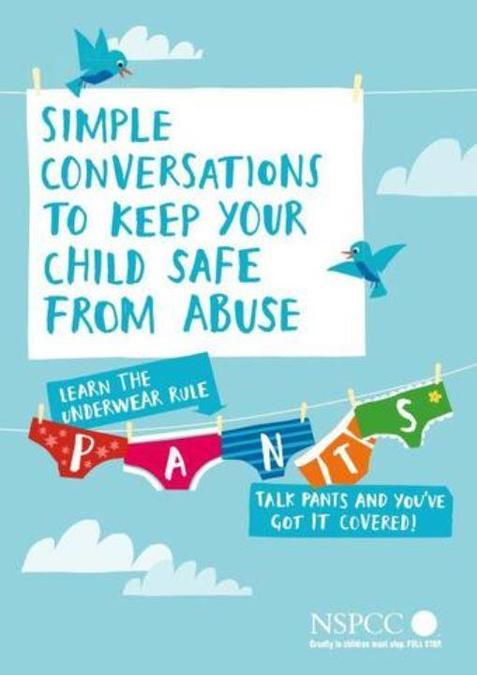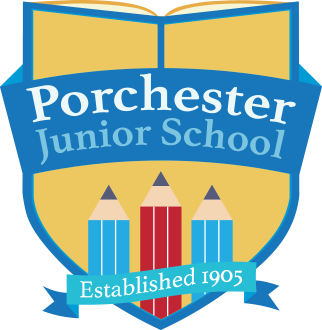Parent Advice and Support
At Porchester, safeguarding is our top priority. We are committed to ensuring that every child feels safe, supported, and protected—both in school and beyond. We know that keeping children safe is a shared responsibility between school and home, and we want to provide families with the tools and knowledge to help safeguard their children in all areas of life.
Below, you will find a selection of trusted resources covering key safeguarding topics, including online safety, mental health and well-being, anti-bullying, drugs and alcohol, knives and weapons and exploitation awareness.
These organisations offer expert advice, practical tips, and support to help parents navigate challenges and keep children safe in an ever-changing world.
We encourage all parents to explore these resources and reach out to us if you have any concerns or need further guidance. Together, we can create a secure and supportive environment for every child to thrive.
General Safeguarding Guidance
- NSPCC (National Society for the Prevention of Cruelty to Children) – Advice on keeping children safe, online safety, and recognising signs of abuse.
🔗 www.nspcc.org.uk - ThinkUKnow (CEOP - Child Exploitation and Online Protection Command) – Internet safety guidance, including how to talk to children about online risks.
🔗 www.thinkuknow.co.uk - UK Government Safeguarding Advice – Official guidance on protecting children from harm, abuse, and neglect.
🔗 www.gov.uk/topic/schools-colleges-childrens-services/safeguarding-children
General Online Safety
- Internet Matters – Guides on setting parental controls and keeping children safe online.
🔗 www.internetmatters.org - Childnet – Online safety advice and resources for parents, carers, and young people.
🔗 www.childnet.com
Mental Health & Well-being
- YoungMinds – Mental health support for children and young people, including guidance for parents.
🔗 www.youngminds.org.uk - Anna Freud Centre – Mental health and well-being support resources.
🔗 www.annafreud.org
Anti-Bullying
- Anti-Bullying Alliance – Resources on preventing and addressing bullying in schools and at home.
🔗 www.anti-bullyingalliance.org.uk - Kidscape – Practical support for families dealing with bullying.
🔗 www.kidscape.org.uk
Exploitation & Abuse Prevention
- PACE (Parents Against Child Exploitation) – Support for parents concerned about child exploitation.
🔗 www.paceuk.info - Barnardo’s – Support for families dealing with abuse, exploitation, and safeguarding concerns.
🔗 www.barnardos.org.uk
Supporting Parents: Drugs, Alcohol, and Knife Crime Awareness
We are committed to keeping our children safe and helping families navigate difficult conversations around risks that young people may face. Talking to children about drugs, alcohol, and knife crime at an early stage can help them make informed, responsible choices as they grow.
To support parents and carers, we have gathered a range of trusted resources offering advice, guidance, and practical strategies to help you have open discussions with your child about these important topics. Whether you need information on substance misuse, peer pressure, or personal safety, these organisations provide expert support and tools to keep young people safe.
We encourage all parents to explore these resources and reach out to us if you need further support or guidance. By working together, we can help our children build the confidence to make positive and informed choices.
Drugs & Alcohol Advice for Parents
- Talk to Frank – A government-backed website offering honest, non-judgmental advice about drugs, alcohol, and addiction. It includes information on talking to children about substance misuse.
🔗 www.talktofrank.com - Alcohol Change UK – Resources on understanding alcohol use and how to discuss it with children.
🔗 www.alcoholchange.org.uk
Knives & Weapons Awareness
- No Knives, Better Lives – A campaign providing advice on preventing knife crime, helping parents talk to children about staying safe and making positive choices.
🔗 www.noknivesbetterlives.com - Ben Kinsella Trust – A charity working to educate young people on the dangers of knife crime and youth violence.
🔗 www.benkinsella.org.uk - Fearless (part of Crimestoppers) – A platform where young people can learn about crime prevention and report concerns anonymously.
🔗 www.fearless.org
NSPCC
The NSPCC helps parents and carers talk to their children about staying safe. It’s part of our work to prevent abuse from happening to any child. And it’s what these guides are all about.

Child Sexual Exploitation
Child Sexual Exploitation, or CSE, is a form of sexual abuse which sees children/young people being manipulated or coerced into sexual activity for receiving ‘something’ such as; gifts, money, food, attention, somewhere to stay etc.
Technology is very often used to groom victims. This may occur through social networking sites and mobile phones with internet access.
CSE has gained a large amount of media attention over the last year as lots of services involved with children and young people have noticed a rise in cases involving CSE. Charities such as NSPCC and Barnardos have been campaigning to raise the profile of this form of child abuse.
Information regarding CSE can be found here:
Female Genital Mutilation (FGM)
In April 2014 every school in England received new safeguarding guidelines and detailed information on identifying and responding to Female Genital Mutilation. FGM is a procedure carried out on young girls between the ages of infancy and 15 years of age.
Female Genital Mutilation is classified as a form of Child Abuse in the UK. It therefore makes the procedure of it a serious child protection issue.
It is illegal for anyone to perform FGM in the UK or to arrange for a child to be transported to another country for the procedure. The maximum sentence for carrying out FGM or helping it to take place is 14 years in prison.
There is lots of information and support available online for parents/carers concerned about this subject.
If you know someone who is at risk:
- Contact the Police if you think that a girl or young woman is in danger of FGM and is still in the UK.
- Contact the Foreign and Commonwealth Office (020 7008 1500) if she’s already been taken abroad.
The NSPCC offers a free and anonymous FGM 24 hour helpline. Call; 0800 028 3550 or email fgmhelp@nspcc.org.uk
Forced Marriage
Some useful government advice on forced marriage can be found here.

